The U.S. remained as China's third largest trade partner in the first four months this year, with the total trade volume between the two countries rising by 1.1 percent year-on-year, underscoring the resilience of bilateral economic and trade ties despite Washington's growing protectionism.
Between January and April, the trade volume between China and the U.S. hit 1.47 trillion yuan ($203.45 billion) in yuan terms, up 1.1 percent, according to data released by the General Administration of Customs (GAC) on Thursday.
Over the period, China's exports to the U.S. grew by 2.4 percent to reach 1.08 trillion yuan, while imports from the U.S. fell by 2.5 percent to 387.06 billion yuan. China's trade surplus with the U.S. expanded by 5.4 percent to 692.41 billion yuan, GAC data showed.
Huo Jianguo, vice chairman of the China Society for World Trade Organization Studies in Beijing, attributed the growth of China-U.S. trade in the first four months to a period of relatively stable China-U.S. ties amid increased exchanges between high-level officials.
"Although there are fluctuations to the China-U.S. foreign trade during the past two years due to the U.S.-initiated tariffs war against China, commerce has maintained overall growth trend. That underscores the complementary and win-win nature of the Chinese and U.S. economy," Huo told the Global Times on Sunday.
"Faced with persistent inflation pressure, the U.S. needs more quality but relatively cheaper Chinese goods to meet American consumers' demand. The U.S.' revival of domestic manufacturing sector also needs more imports of intermediate products and other materials from China," Zhou Mi, a senior research fellow at the Chinese Academy of International Trade and Economic Cooperation, told the Global Times on Thursday.
However, the U.S. is continuing its economic coercion against Chinese industries and businesses with claims such as "overcapacity." Lately, the U.S. reportedly revoked licenses which allowed companies including Intel and Qualcomm to ship chips used for laptops and handsets to China's Huawei Technologies to stymie its growth.
Chinese experts noted that the "overcapacity" narrative is driven by the U.S. anxiety and fear over its weakness in global competition across new industries, and that the U.S. is trying to label China's emerging industries as having "overcapacity" to curb their development.
Chinese companies could have imported more U.S. products if Washington did not impose so many trade restrictive measures. At a time when other countries are stepping up efforts to expand trade with China, the U.S.' exports to China may continue to fall if Washington does not correct its wrongdoings, said Zhou.








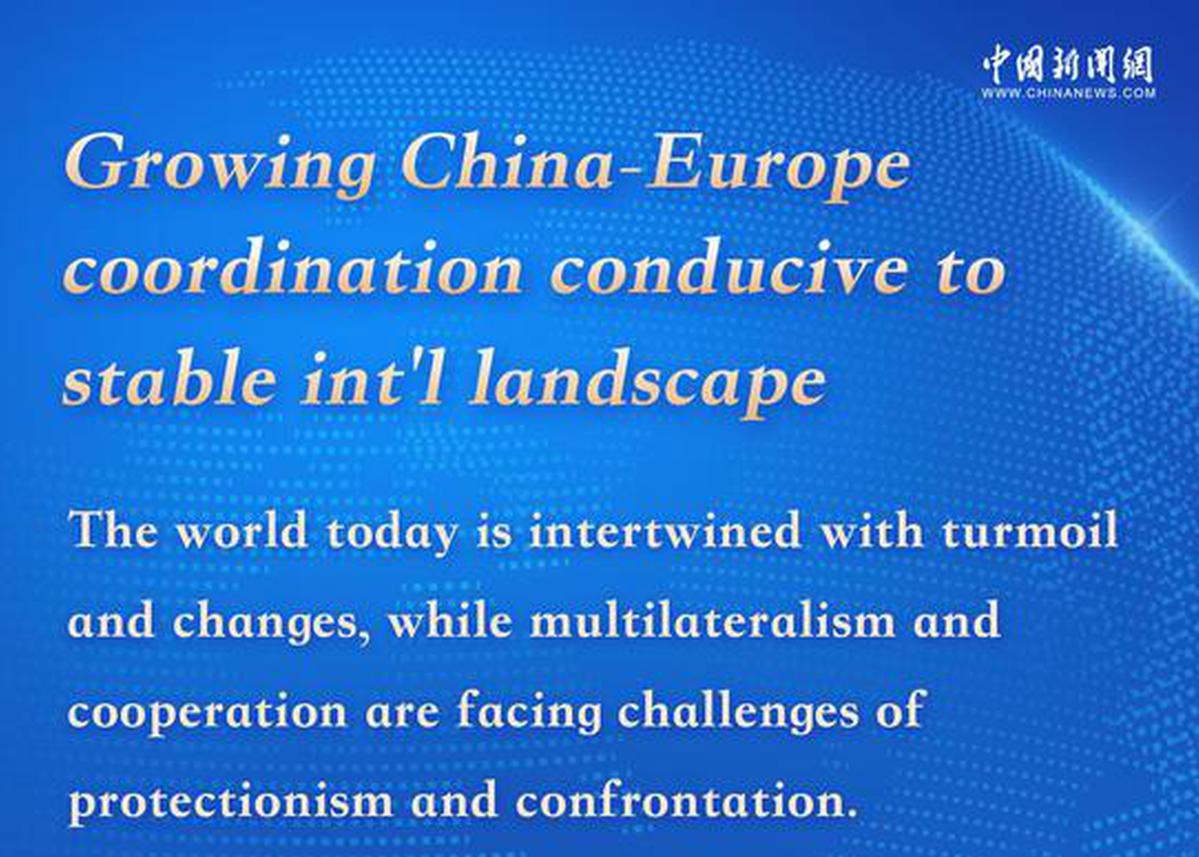
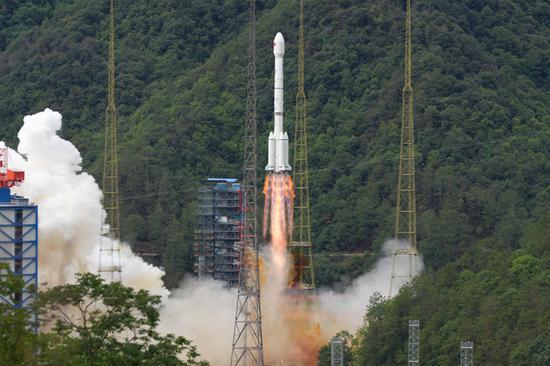
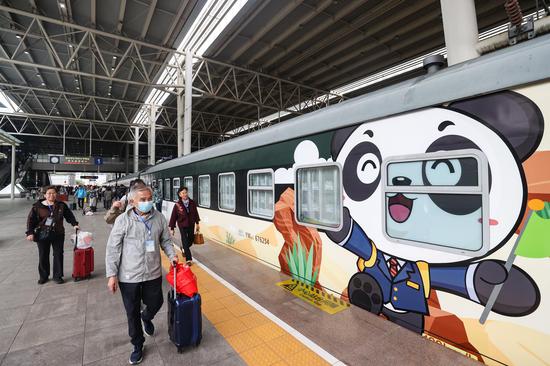

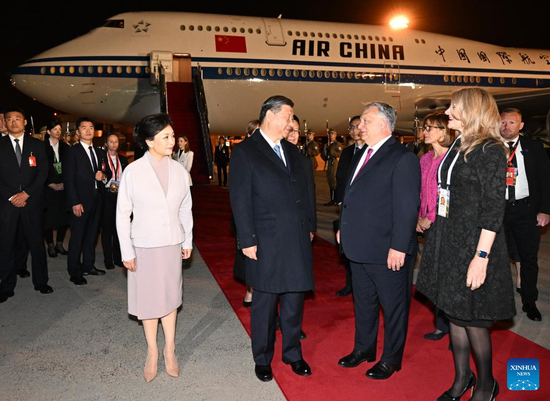
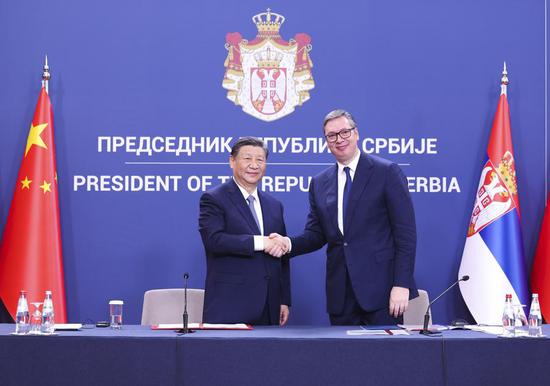
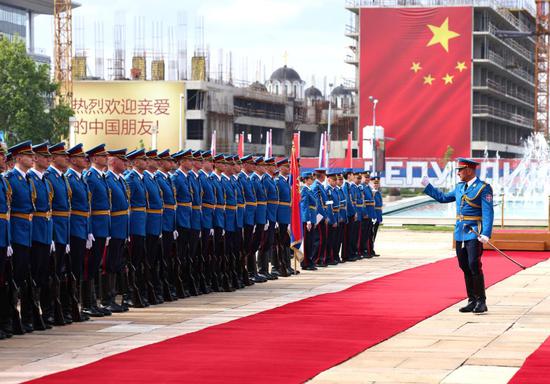
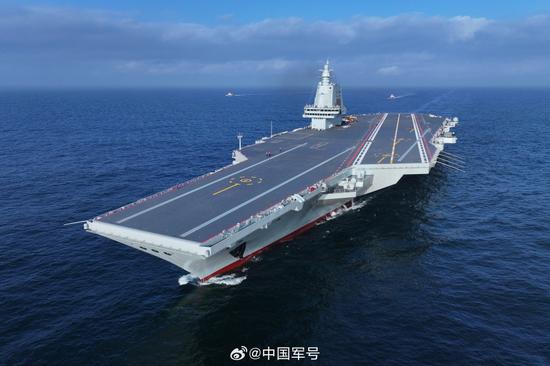
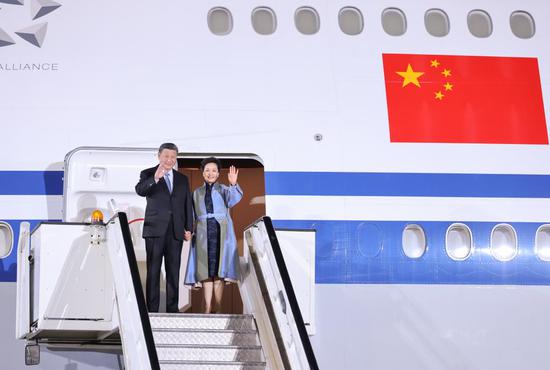
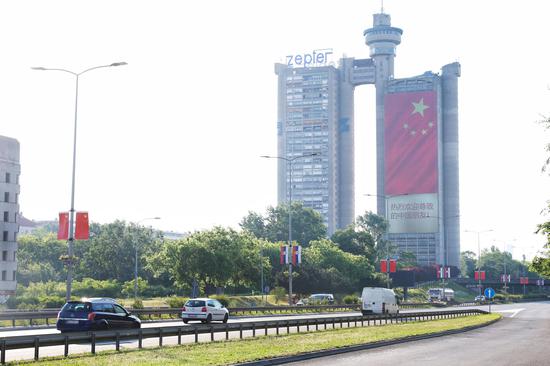

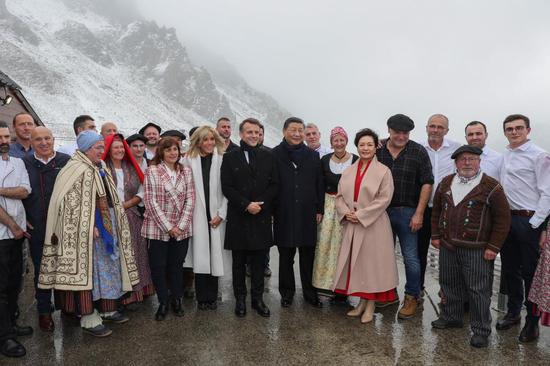

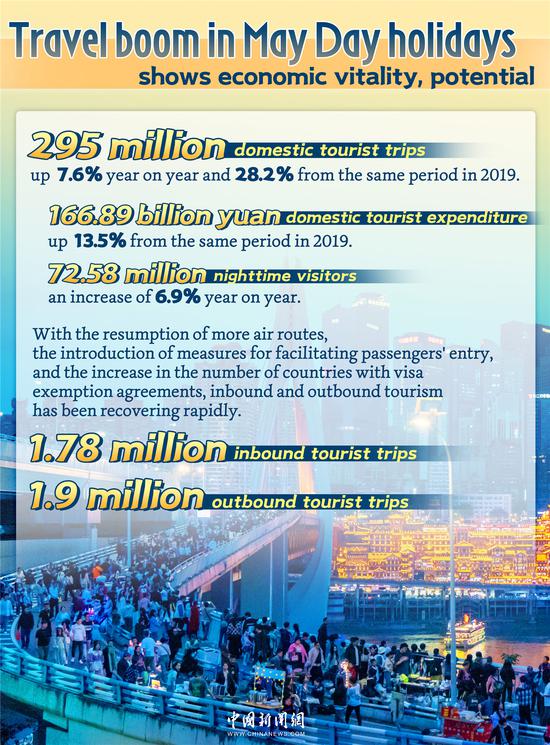
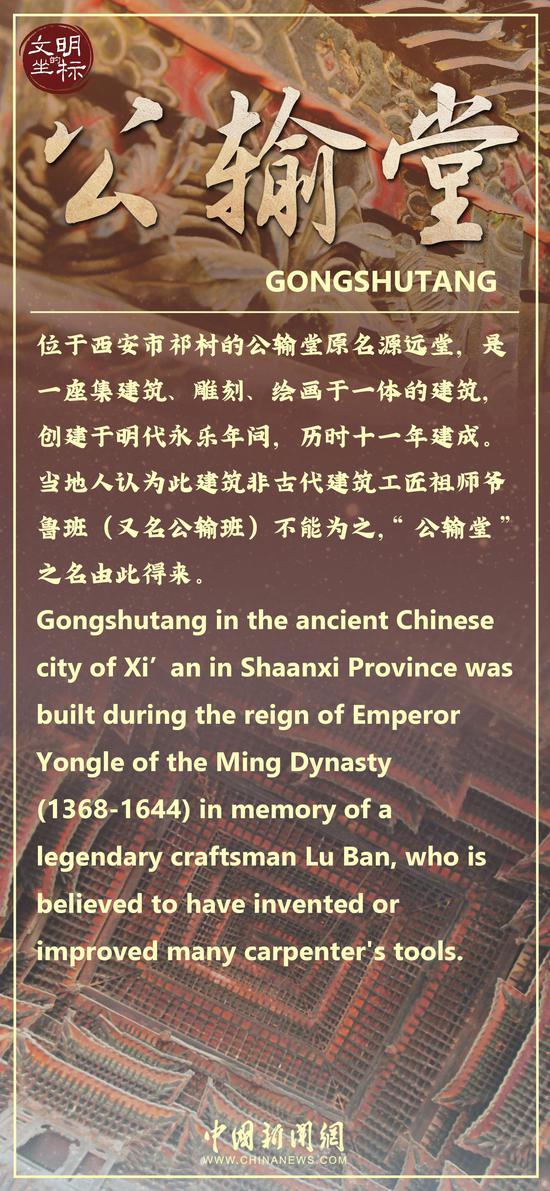
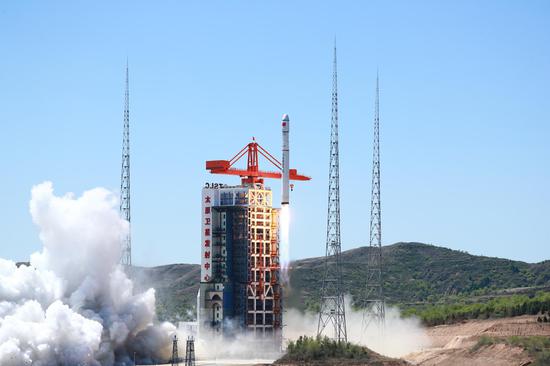
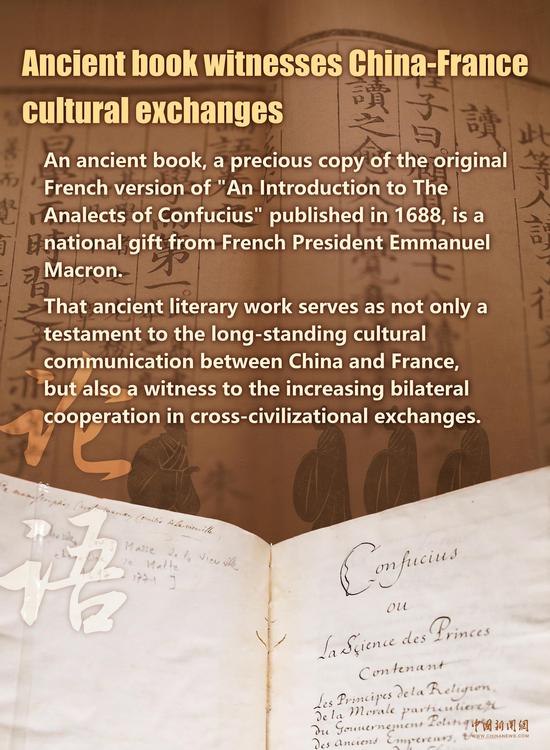
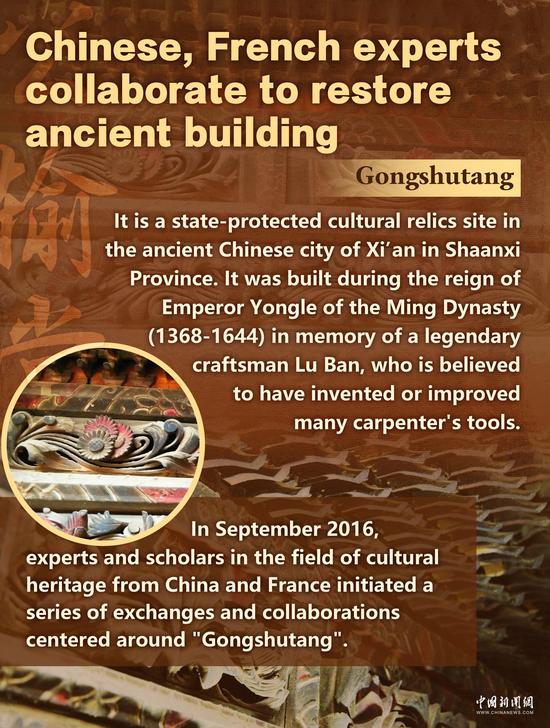
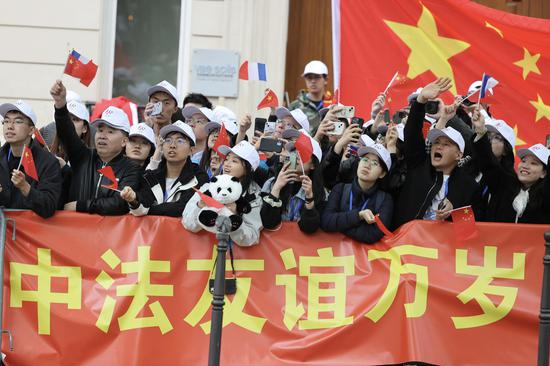


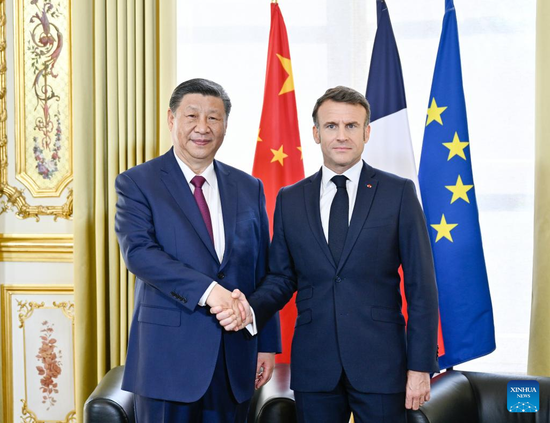
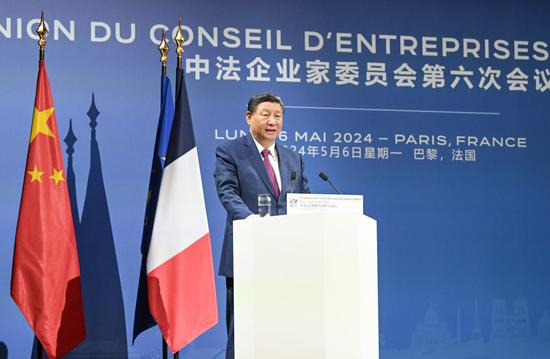
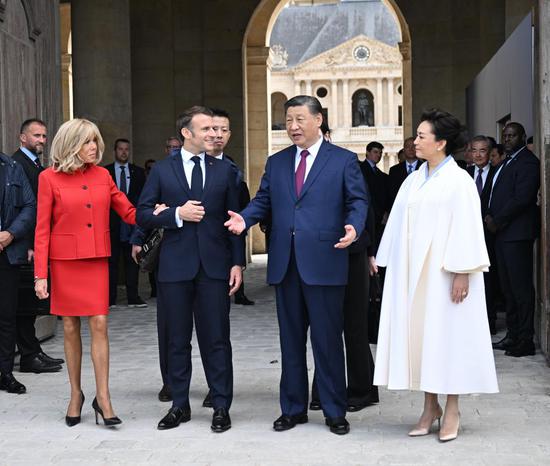
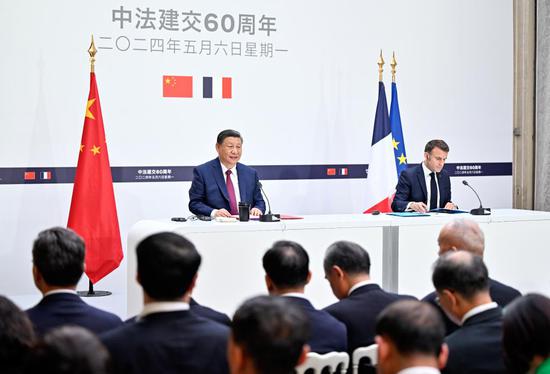
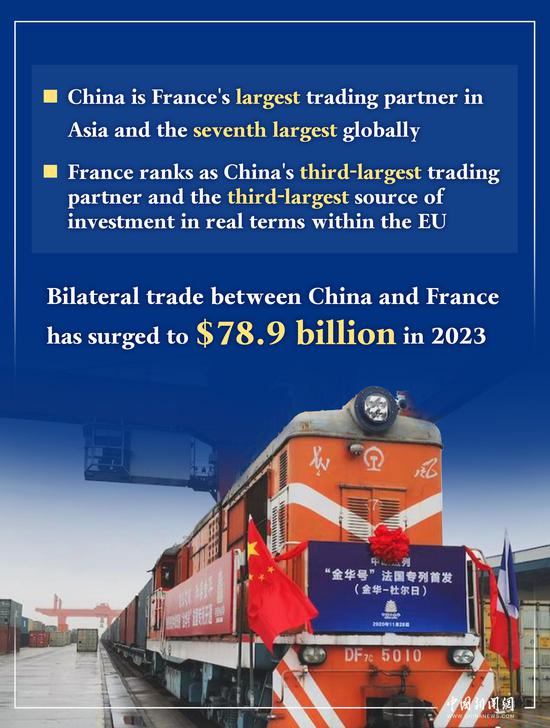


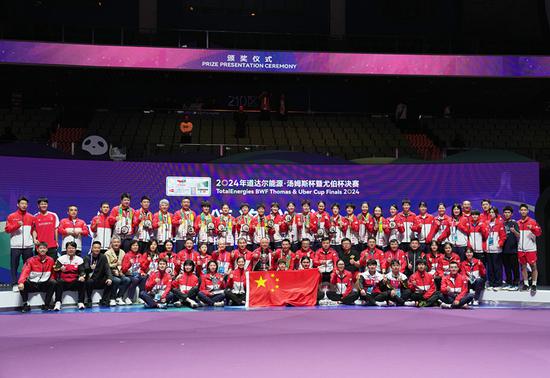
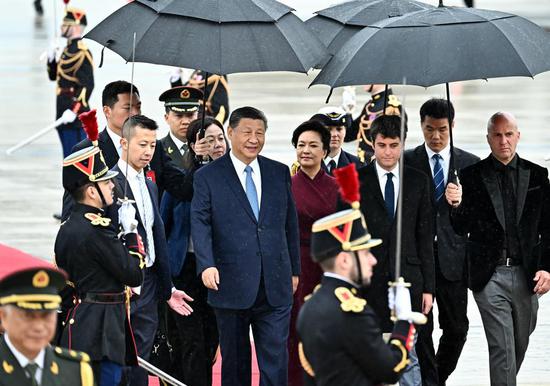
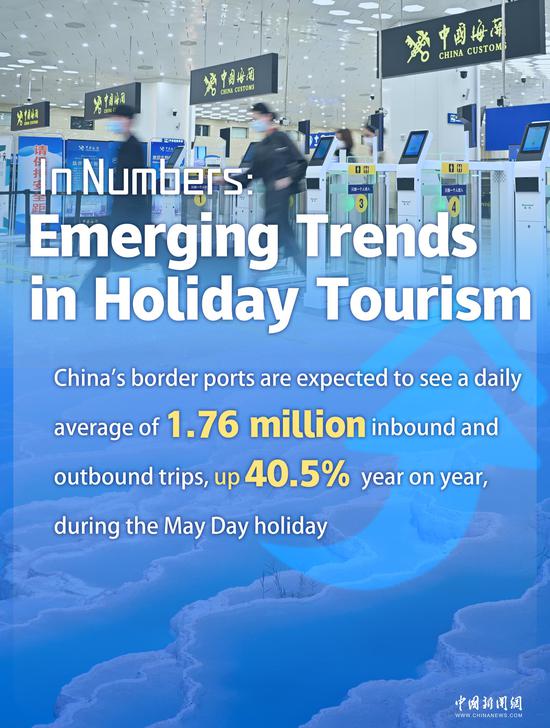
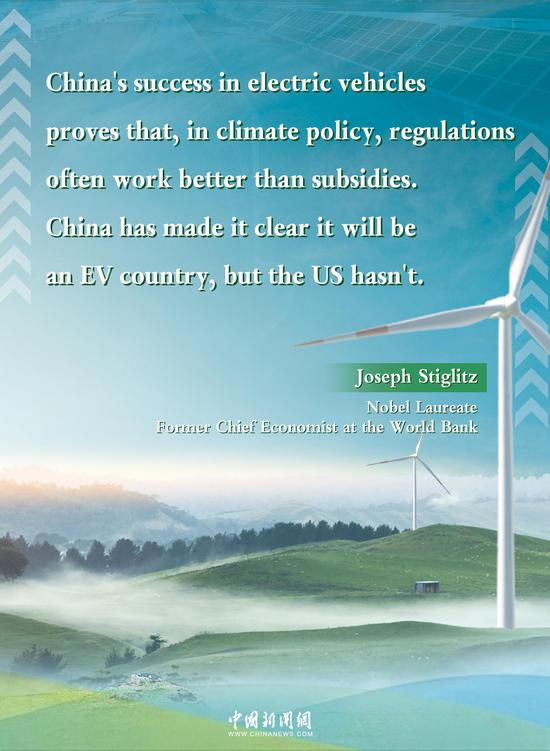



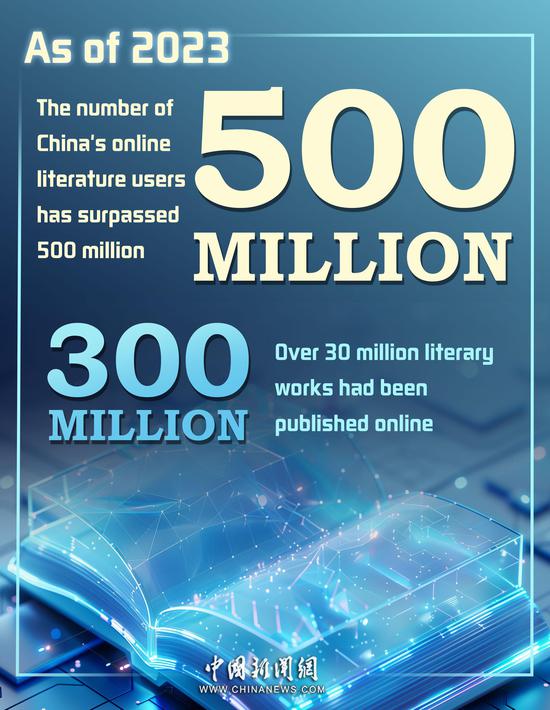





 京公网安备 11010202009201号
京公网安备 11010202009201号